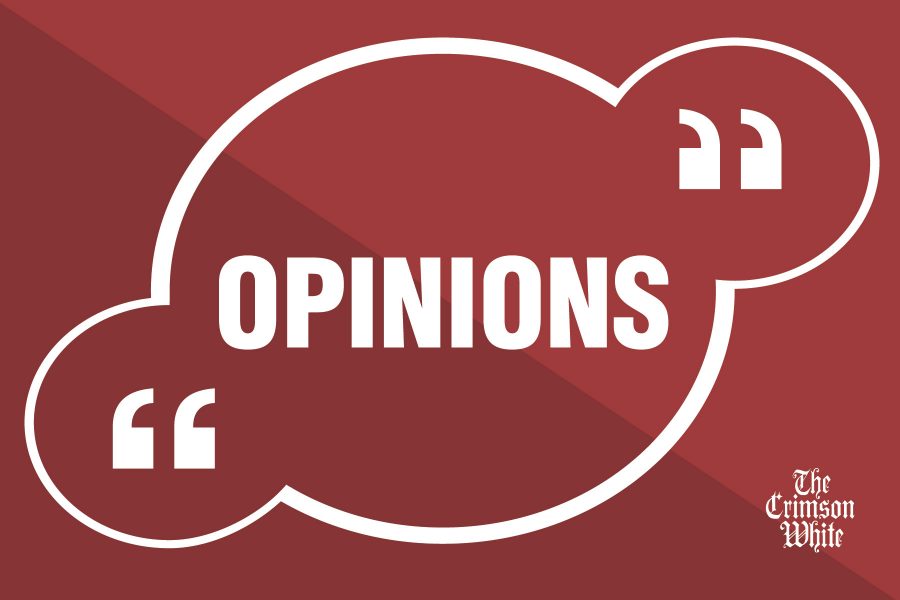The media: it is a mammoth institution—the great gatekeeper of American democracy. Like it or not, the American people rely on the news media for the proper dissemination of information. At a time when cellphones put access to infinite knowledge in the palm of your hand, it can be hard to filter through the crush of information released each day.
This is why we have the media. It helps us parse through the difficult issues, cutting through the layers of technical jargon and convoluted, overlapping story lines. At least, that’s what it’s supposed to do.
In the midst of ever-increasing partisan rancor, the media’s 32 percent approval rating is little higher than that of Congress (a measly 20 percent) and hovers just under Donald Trump’s (an all-time low of 38.4 percent). Ouch. If you have an approval rating lower than Trump’s, you know it must be bad.
The deterioration of trust in one of our most sacred institutions (it’s protected right there in the First Amendment!) should make every single American nervous. Without an operating, trustworthy and reliable news media, there will be no way to filter through the information presented to us every single day. No one will be there to simplify the hard-to-understand issues.
Yet as we near day number 150 of Trump’s presidency, one issue continues to grow exponentially more difficult to understand as the days go by.
That issue is Russia. Though the name may have once just referred to a country, it is now a buzzword that pundits throw around as an insult as they point fingers and shout over each other every night on cable news. The saga continues to unravel before our very eyes, a political thriller that would put David Baldacci or Tom Clancy to shame. You literally cannot make this stuff up.
In simpler times, this is where the media would step in to provide clarity to an issue that is as convoluted as they come. But this is not a simpler time, and journalists like Bob Woodward and Carl Bernstein, who admirably reported on Watergate and President Richard Nixon’s eventual demise, are rare and hard to come by. Rachel Maddow and Sean Hannity are no Woodward and Bernstein.
The hyper-partisan news media and the creation of what I call ‘the partisan media gap’ are eroding one of the cornerstones of American democracy: The free and fair press. As a journalism student, the first thing my professors taught me was the value of objectivity in reporting. How are we supposed to get the facts straight when different news outlets are reporting on completely different information?
After Comey testified in front of Congress, MSNBC proudly claimed that it was a devastating blow to the president. Fox, however, touted the president’s excellent day, exuberantly declaring that Comey was a big, fat liar. These outlets are examples of ultra-partisan news where the coverage is tailored to explicitly advertise a certain viewpoint.
In reality, the truth of the Comey testimony probably lies somewhere in between MSNBC and Fox’s interpretations. But, depending on which partisan outlet you watched, there was a completely different set of facts waiting for you to consume. This total disregard for truthful, objective reporting is incredibly detrimental to our democracy and ultimately hurts the American public.
Ultra-partisan news only serves to reinforce people’s preconceived opinions and keeps people from developing a more complete understanding of an issue. With an issue as difficult and acrimonious as the Russia investigation, it is imperative that people have all the facts straight.
News outlets like Fox and MSNBC only serve to further the partisan divide in our country, and relying only on these outlets for news is ultimately detrimental to news consumers and the country as a whole.
Ultra-partisan news is lazy journalism, and in trying to further the agenda of their respective political parties, MSNBC and Fox are only preventing political progress and doing a great disservice to the public they are supposed to serve.









